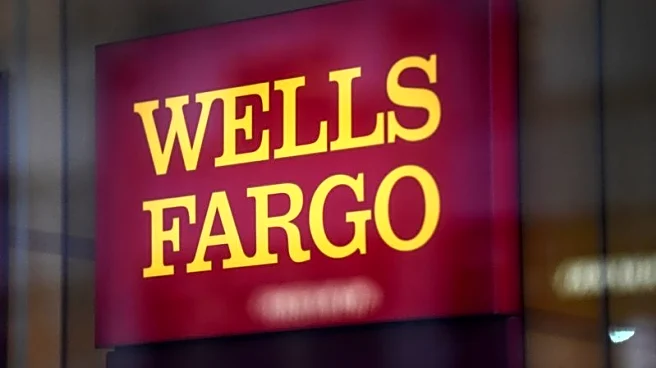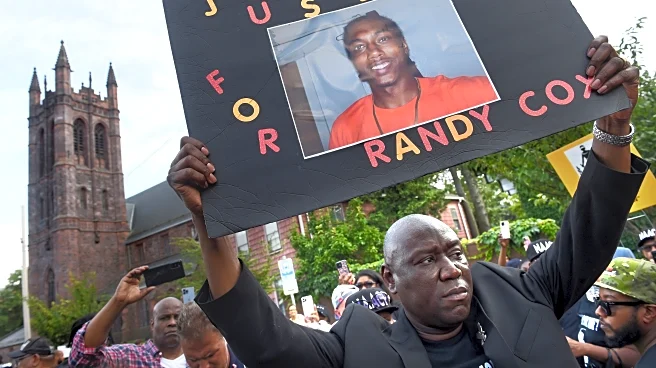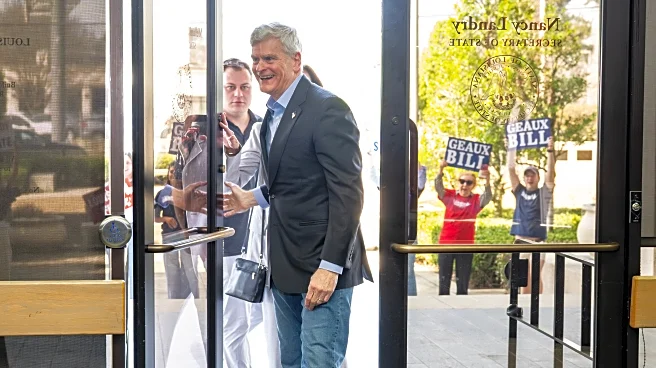(Reuters) -Major U.S. lenders lowered a key interest rate on Wednesday, providing U.S. consumers a reprieve on borrowing costs, after the Federal Reserve cut interest rates for the first time this year.
JPMorgan Chase, Citigroup, Wells Fargo and Bank of America lowered their prime lending rates to 7.25% from 7.50% following the Fed's first cut, by 25 basis points, since December.
The prime rate, or the interest rate that commercial banks charge their most creditworthy customers - typically large corporations - serves as the baseline for setting interest rates on mortgages, small business and personal loans and credit cards, among others.
With inflation still above the Fed's 2% target and the price impact of U.S. President Donald Trump's tariffs uncertain, the rate cut indicates the Fed is now more concerned about weakening growth and the likelihood of rising unemployment.
Macroeconomic uncertainty from U.S. trade policy has led businesses to hold off hiring, resulting in meager job gains, which have further stoked fears of a stalling labor market.
At this time, lower borrowing costs can catalyze more loan originations, increasing the volume of interest-earning assets on U.S. banks' balance sheets.
Cheaper credit might also qualify more small businesses for loans, standards for which were tightened when rates went up and the economic outlook deteriorated. Well-capitalized businesses are more likely to resume hiring, further supporting consumer spending.
However, material risks still linger, and the top boss of JPMorgan Chase agrees.
Last week, JPMorgan CEO Jamie Dimon, who is a prominent voice on Wall Street, warned that the impact of tariffs, immigration, geopolitics and Trump's tax and spending package is still not fully known.
Goldman CEO David Solomon echoed those concerns in a CNBC interview last week, adding that it's hard to quantify the impact of tariffs.
"There's no question in my mind that it's having an impact on growth."
(Reporting by Ateev Bhandari in Bengaluru; Editing by Shinjini Ganguli)











